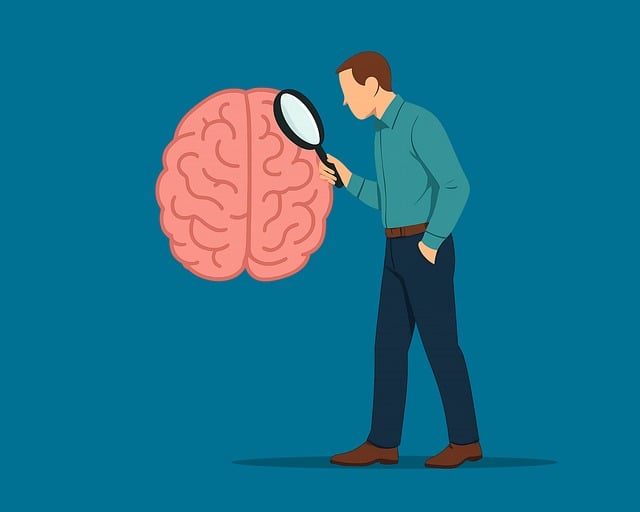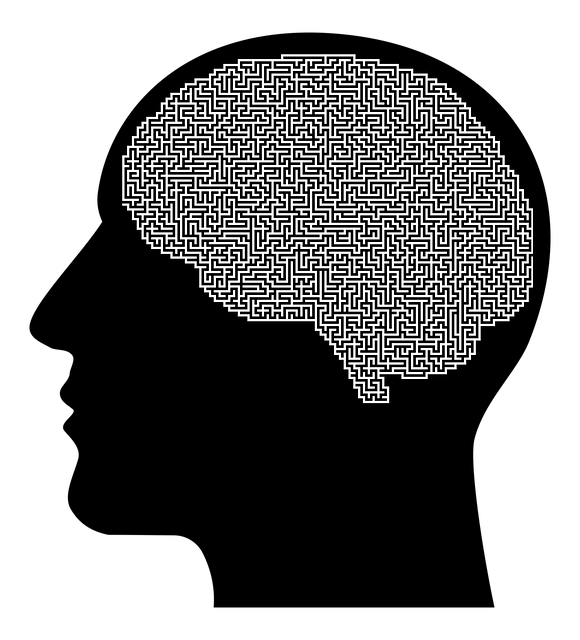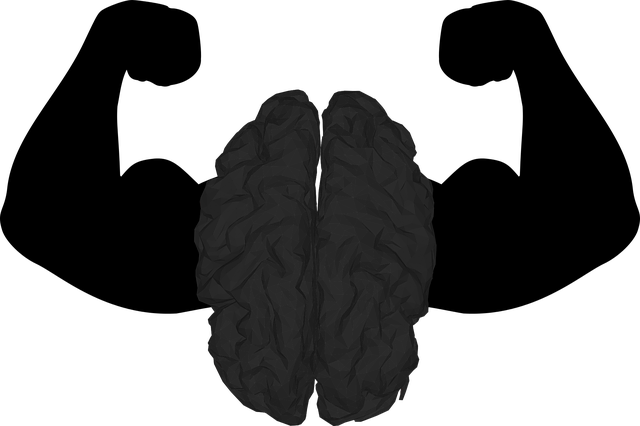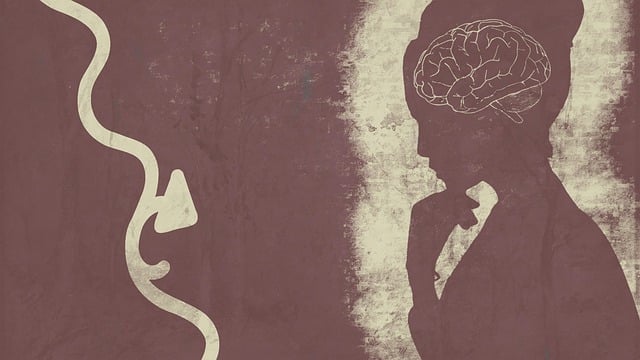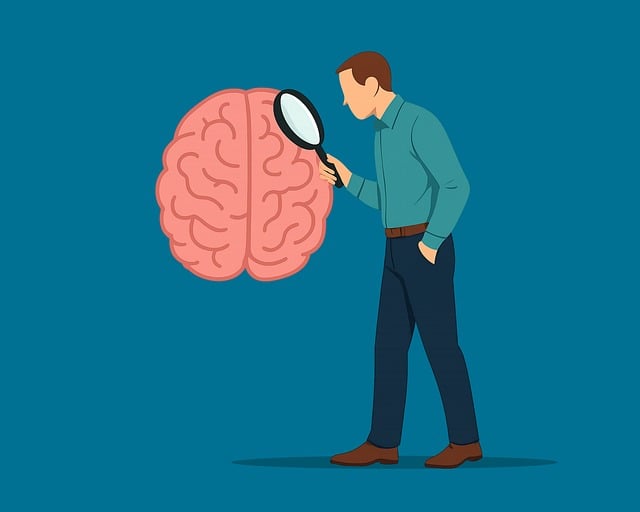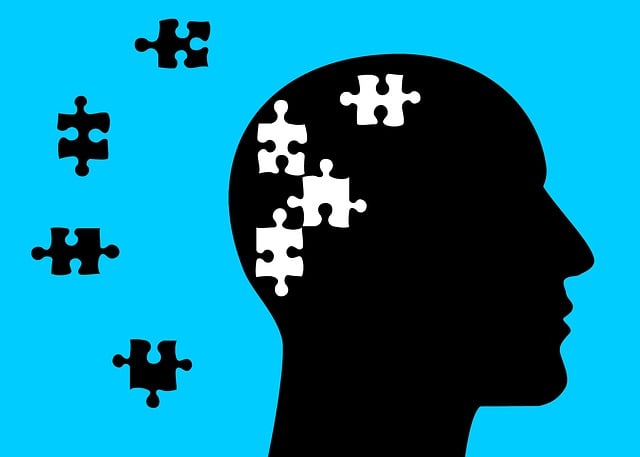Therapy for Adults Trauma is crucial in addressing hidden scars from past traumas, which manifest as emotional distress, physical symptoms, and maladaptive behaviors. Effective self-care strategies, including mindfulness, physical activity, balanced diets, and quality sleep, combined with therapist collaboration, promote holistic healing. Integrating therapy into routines fosters resilience, emotional stability, and personal growth, overcoming stigma to encourage open conversations about mental health.
In today’s fast-paced world, prioritizing self-care is essential for maintaining mental and emotional well-being. Many adults carry the weight of trauma, often unaddressed, which can significantly impact their ability to practice effective self-care. This article delves into understanding adult trauma and its profound effects on daily routines. We explore evidence-based strategies for recovery and highlight the transformative power of integrating therapy into one’s routine. By adopting these practices, individuals can embark on a journey towards lasting healing and improved self-care.
- Understanding Adult Trauma and Its Impact on Self-Care
- Identifying Effective Self-Care Strategies for Trauma Recovery
- Integrating Therapy into a Routine for Lasting Well-Being
Understanding Adult Trauma and Its Impact on Self-Care

Many adults carry invisible scars from past traumatic experiences, often stemming from childhood or earlier life stages. Understanding adult trauma and its far-reaching effects is a crucial step in prioritizing self-care. This hidden baggage can manifest as emotional distress, physical symptoms, and behaviors that hinder healthy coping mechanisms.
Trauma can impact an individual’s ability to engage in self-awareness exercises, leading to challenges in recognizing and attending to their needs. It’s here that therapy for adults trauma becomes essential, offering safe spaces to explore and process these experiences. By fostering cultural sensitivity in mental healthcare practice, therapists enable emotional healing processes, empowering individuals to reclaim their well-being and cultivate self-care routines built on a foundation of resilience and understanding.
Identifying Effective Self-Care Strategies for Trauma Recovery

Identifying Effective Self-Care Strategies for Trauma Recovery is a crucial step in any Therapy for Adults Trauma. It’s essential to understand that what works for one person may not work for another, given the unique nature and severity of traumatic experiences. Therefore, individuals should collaborate closely with their therapists to tailor self-care practices aligned with their specific needs.
Resilience Building through mental wellness techniques like mindfulness, meditation, and deep breathing exercises can significantly enhance Self-Care Practices. These strategies help in managing stress and anxiety, promoting emotional regulation, and fostering a sense of calmness. Additionally, engaging in physical activities, maintaining a balanced diet, and securing adequate sleep are integral components that contribute to holistic healing and overall mental wellness.
Integrating Therapy into a Routine for Lasting Well-Being

Integrating therapy into a self-care routine is a powerful step towards achieving lasting well-being, especially for those who have experienced adults trauma. Therapy offers a safe space to process complex emotions and past experiences that may be hindering current mental health. By incorporating regular sessions with a qualified therapist, individuals can develop coping strategies tailored to their unique needs, fostering resilience and emotional stability.
This practice goes beyond mere symptom management; it’s about cultivating mindfulness and understanding. Many struggle with the idea of seeking therapy due to the lingering stigma surrounding mental illness. However, reducing this stigma is crucial for encouraging open conversations and accessing vital support. Mind over matter principles emphasize the power of mindset in overcoming challenges, making therapy an invaluable tool for personal growth and a healthier, more fulfilling life.
By understanding the profound impact of adult trauma on self-care and adopting effective strategies, individuals can embark on a journey of healing and well-being. Integrating therapy into their routines is a pivotal step towards overcoming past traumas and fostering resilience. With dedicated practices, one can navigate the path to recovery, enhancing overall mental health and embracing a fulfilling life. Seeking professional help through Therapy for Adults Trauma is not just beneficial but essential in achieving lasting personal growth and a healthier future.

